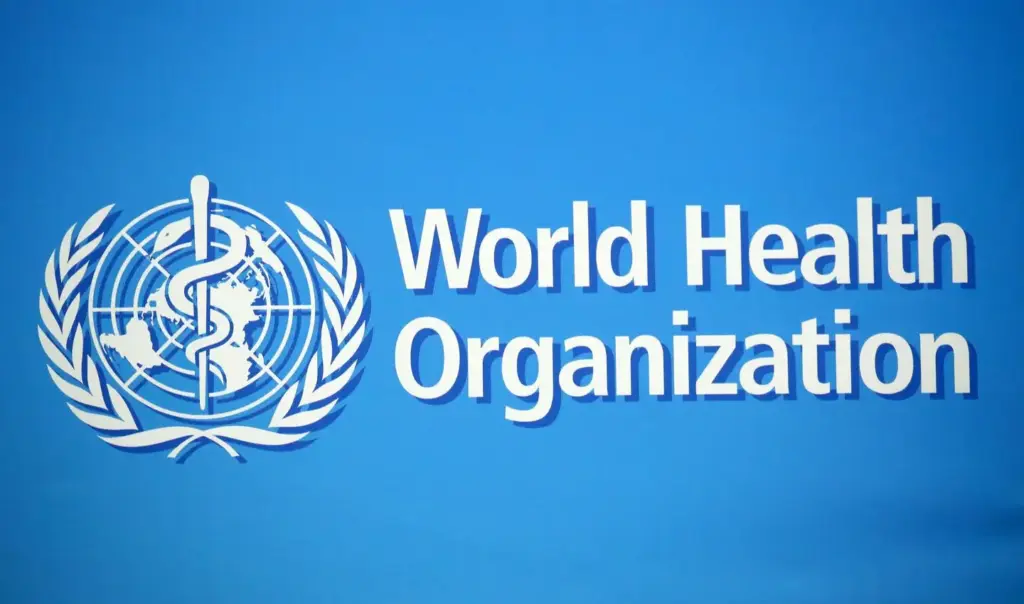The World Health Organisation (WHO) has said that to sustain the progress and gains being made towards eliminating cervical cancer from the African region, there must be sustained commitment, financing and coordination from governments, partners, communities and individuals alike.
The WHO Regional Director for Africa, Dr. Mohamed Janabi in his message for World Cervical Cancer Elimination Day 2025, , highlighted both the region’s gains and the urgent gaps that remain as he noted that Africa was “making progress towards a future free of cervical cancer,” but victory would require renewed commitment to ensure that “no woman dies from a preventable disease.”
Cervical cancer, he warned, “remains one of the most common and deadly cancers among women in Africa,” even though it is “one of the most preventable.”
With proven tools such as “HPV vaccination, screening and timely treatment, Dr Janabi noted that the elimination of cervical cancer was within reach; the challenge, however, was to ensure the tools were accessible to “every girl and every woman, everywhere.”
He said, “Across the WHO African Region, momentum is building. Thirty-two Member States have introduced HPV vaccination into their national immunisation plans, reaching nearly half of all eligible girls. Several more countries have rolled out the vaccine this year, and at least eight others plan to do so in 2026. Each of these introductions represents protection against both a virus and against loss, suffering, and lives cut short too soon.
“Through the Women’s Integrated Cancer Services (WICS) initiative, WHO is helping countries embed cervical and breast cancer screening into primary health care. This integrated approach is continuous, accessible and women-centred, strengthening the entire continuum of prevention, early detection and treatment.
“Presented to Ministers of Health at the Seventy-fifth Session of the WHO Regional Committee for Africa this year, WICS offers a practical model for advancing women’s health across our Region.”
Dr Janabi credited progress to “powerful partnerships,” including collaborations with the International Atomic Energy Agency and the International Agency for Research on Cancer to support “national cancer control assessments and plans.”
He also acknowledged the “generous support of partners such as the Government of Spain” in helping countries build capacity through updated cancer plans, trained health workers essential equipment for treating pre-cancerous lesions.”
But he cautioned that “progress is not yet victory. Too many women, he said, still lack access to screening, diagnosis and treatment, and too many health systems remain “under-resourced to deliver the care that women deserve.
To close the gap, he urged all Member States to “Accelerate national action under the three pillars of the Global Strategy for Cervical Cancer Elimination, vaccination, screening and treatment, and to place women’s health and rights at the centre of universal health coverage.
“Together, we can make elimination a reality, securing a future where every woman in Africa, wherever she lives, has access to the protection, care and dignity she deserves.”















